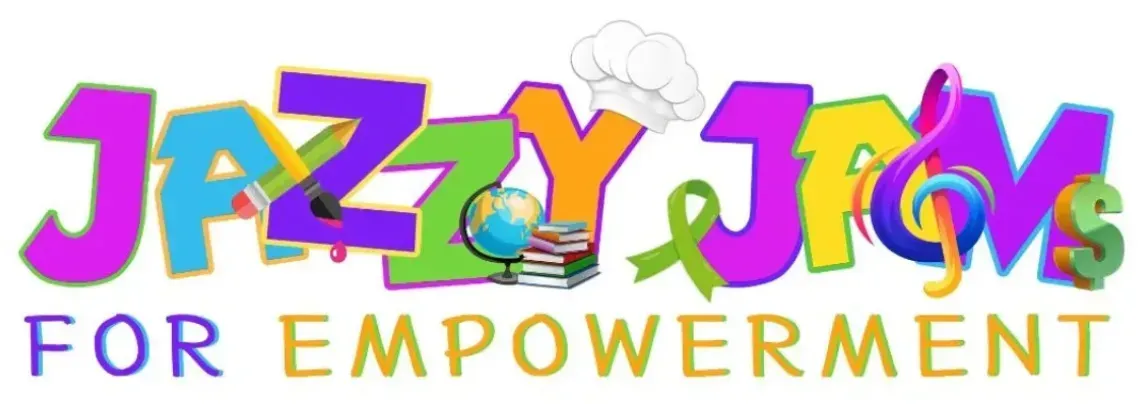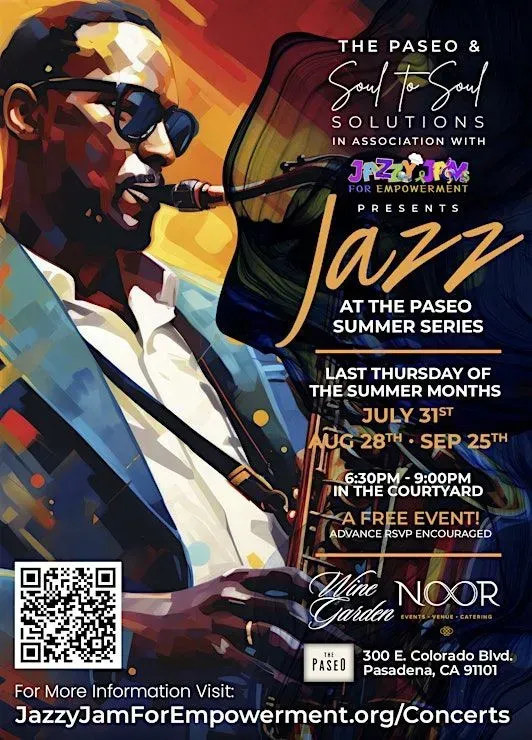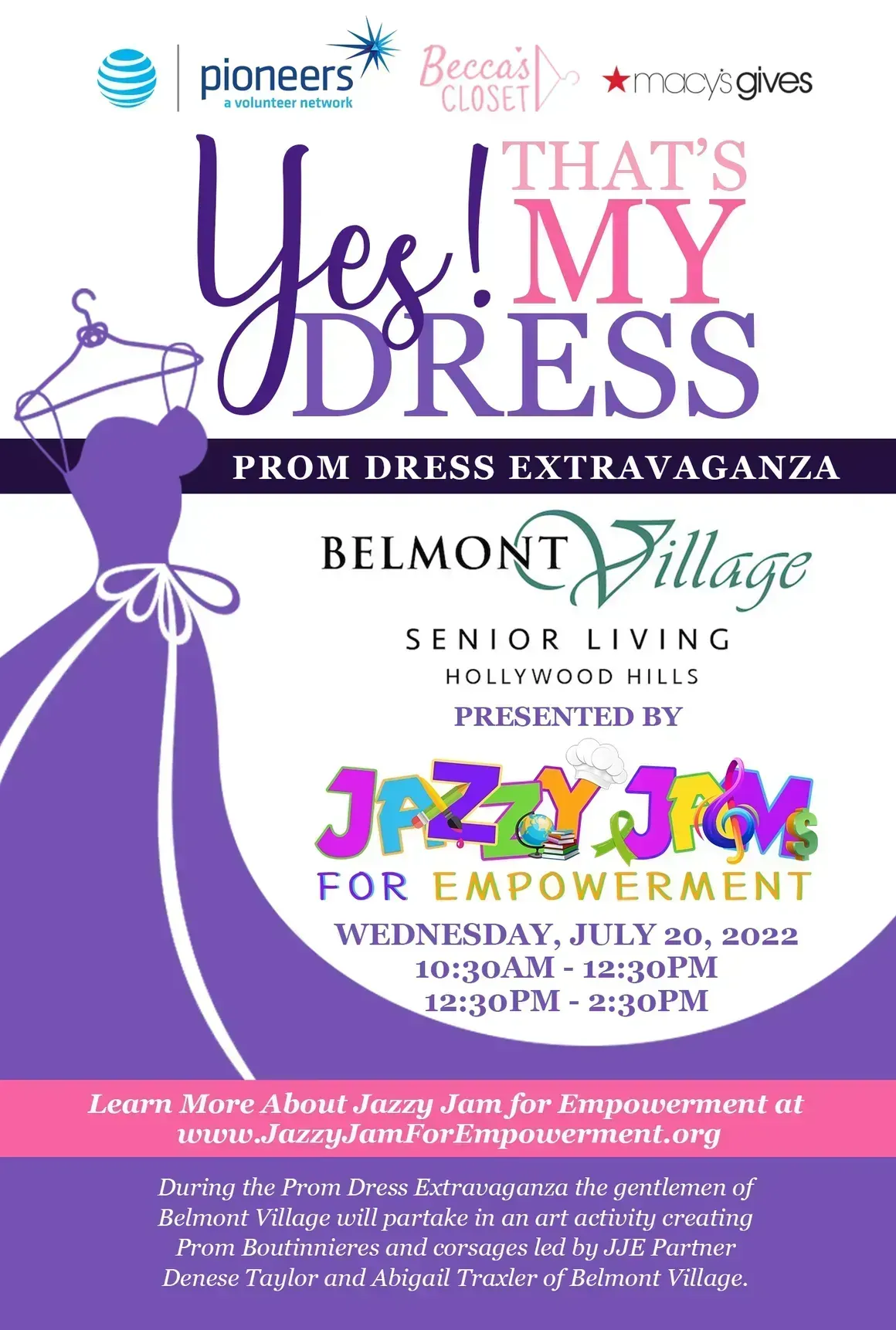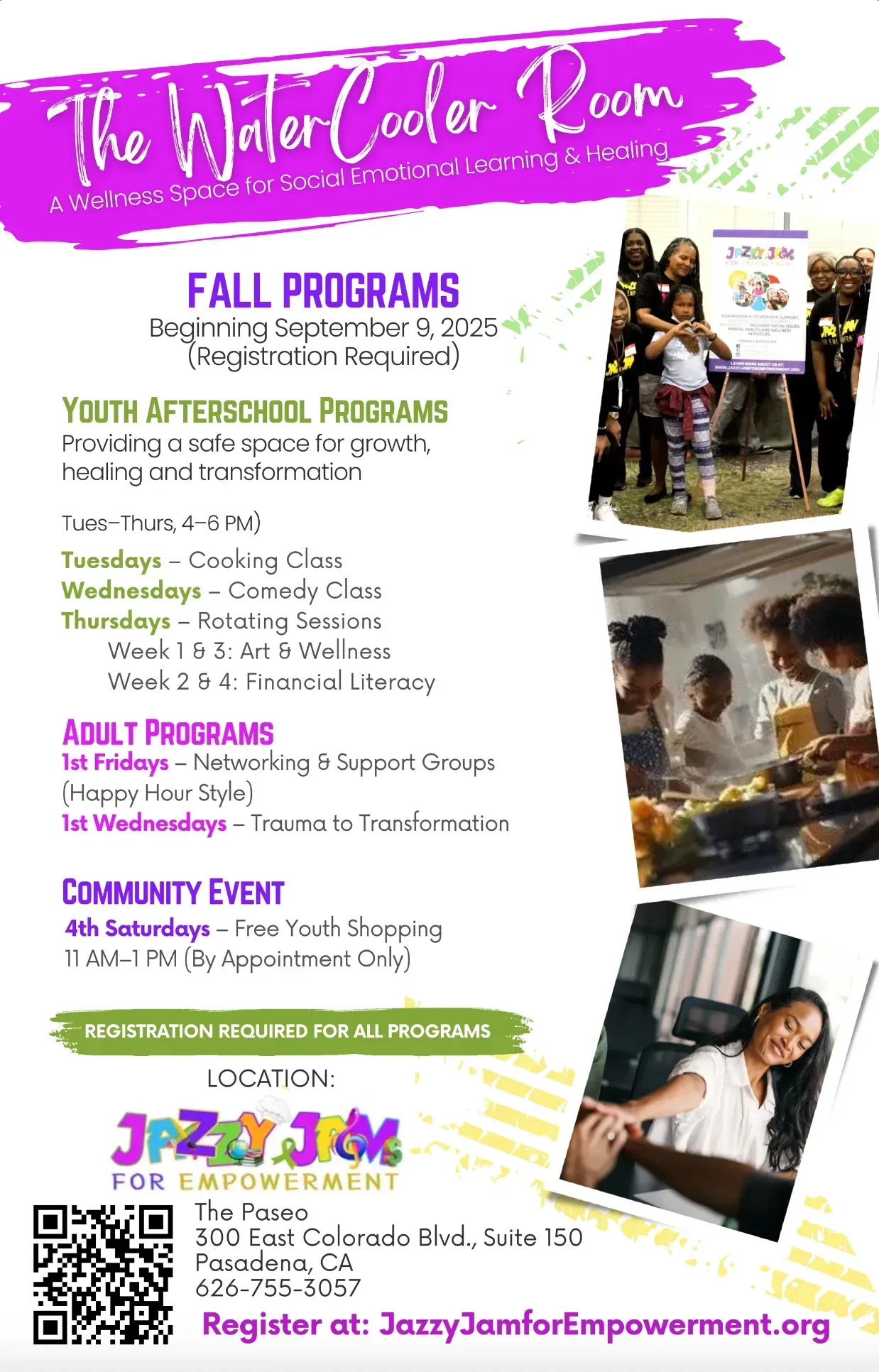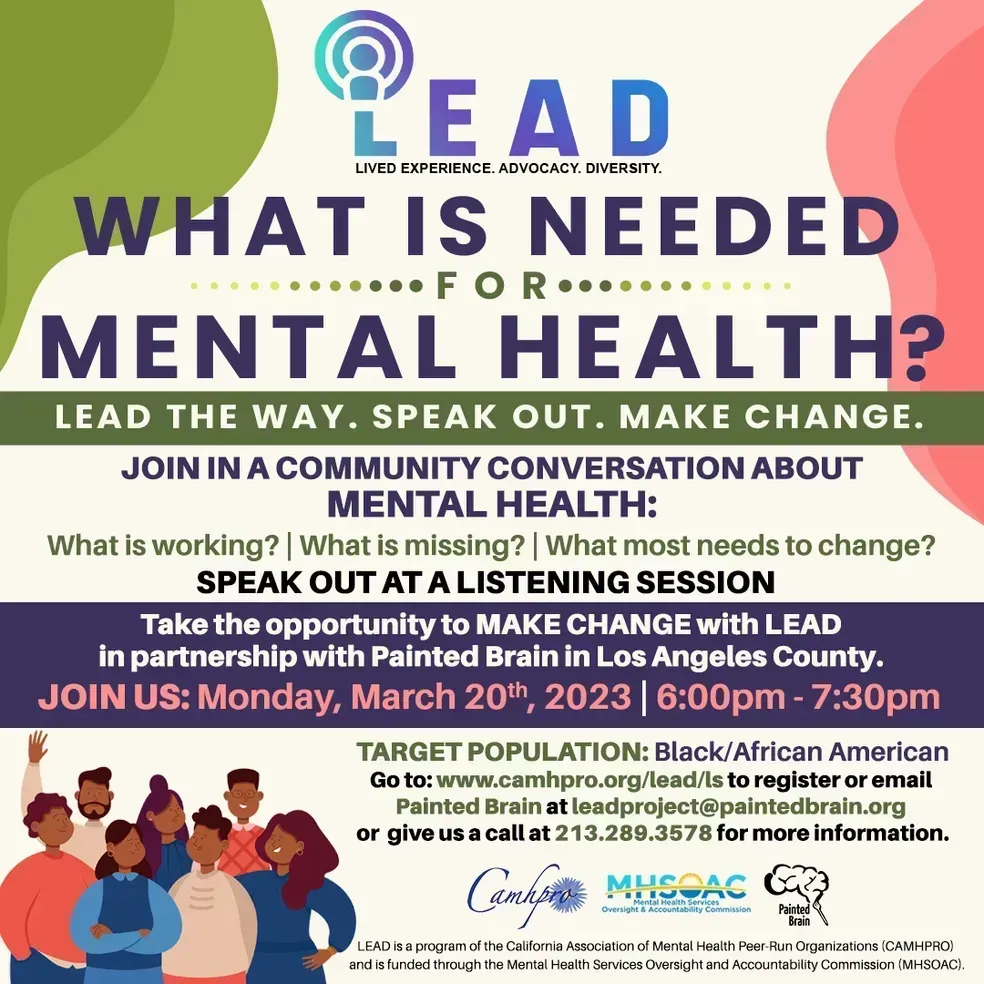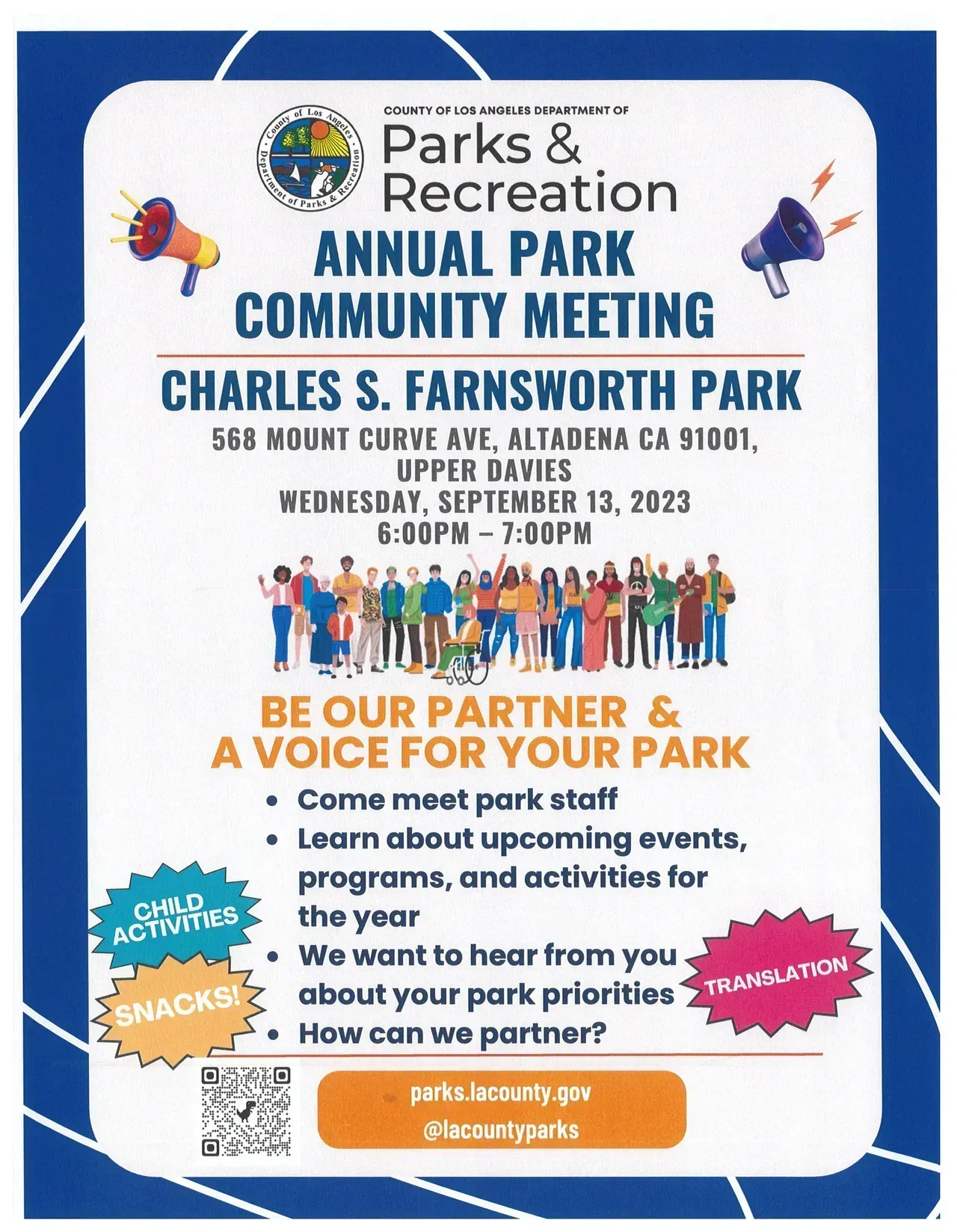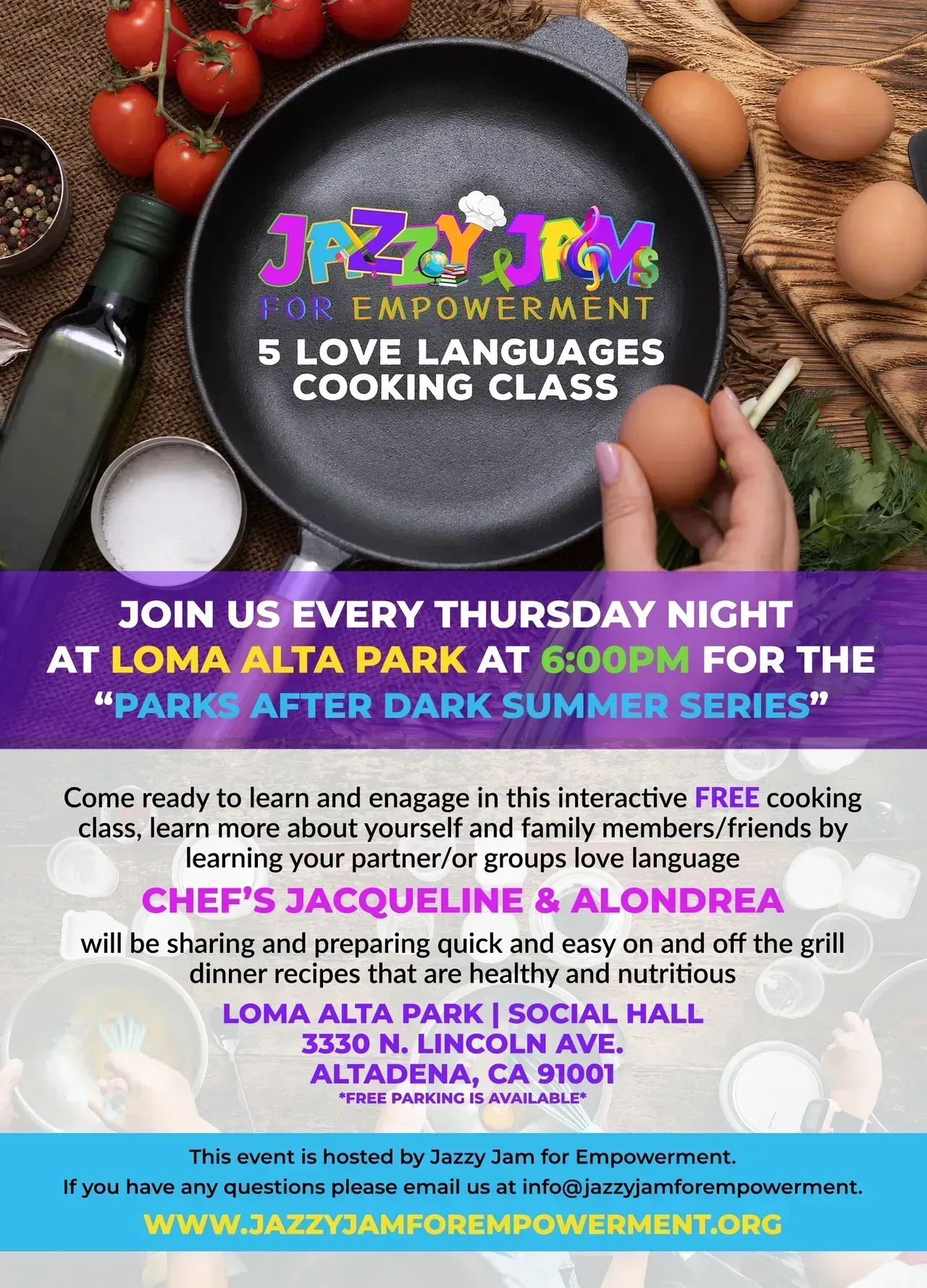Where Healing Meets Hope: From Trauma to Transformation Through Creativity & Connection
Creative, trauma-informed experiences empowering youth and communities to heal, connect, and build stronger futures through arts, wellness, and education.
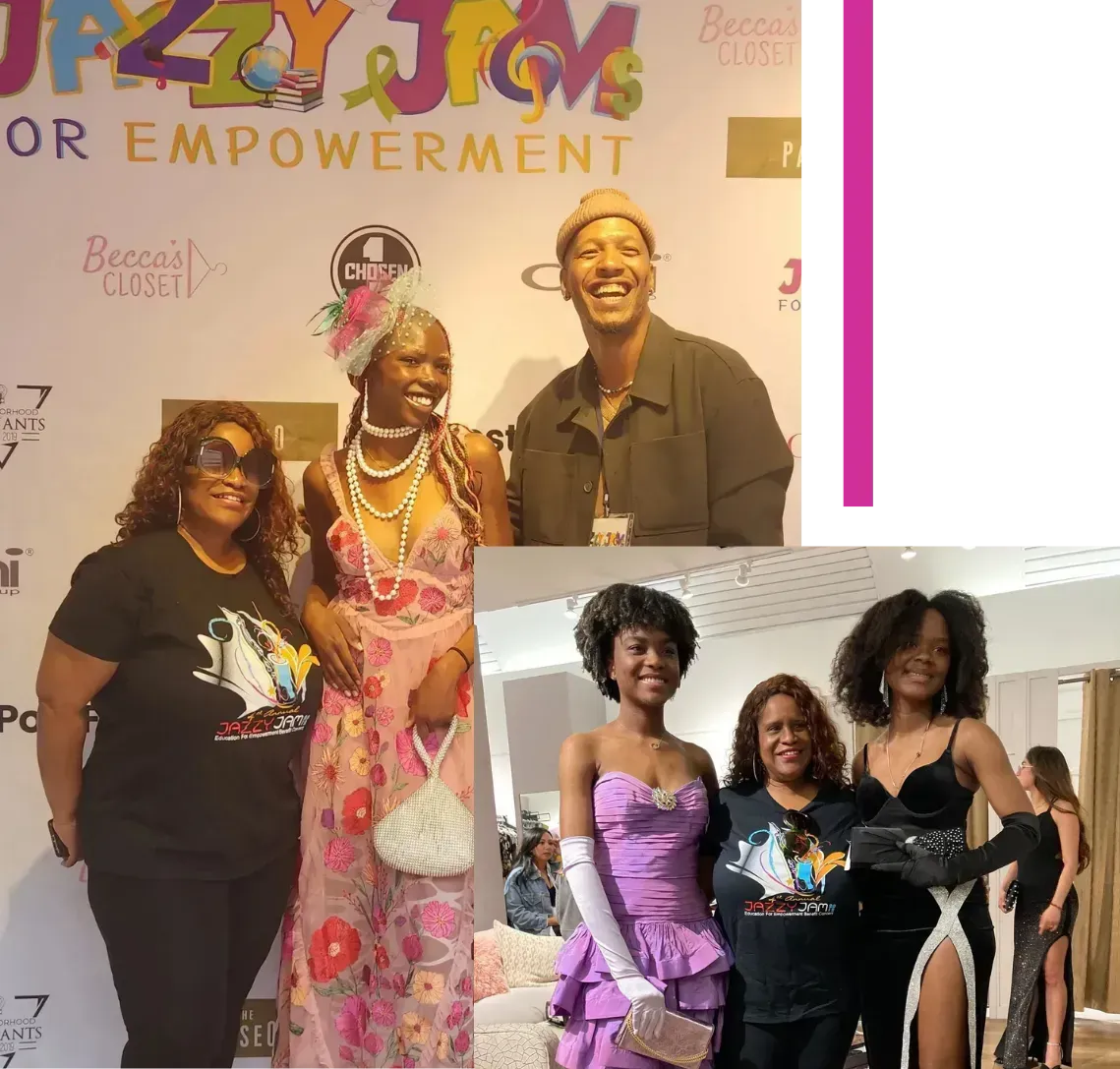
What we Do..
We show up for people when life feels heavy, and support feels far away.
At Jazzy Jam™ for Empowerment, we create spaces where youth, families, educators, and caregivers can pause, breathe, and feel seen. Many of the communities we serve carry trauma—from loss, instability, displacement, or quiet daily pressures. We meet them with care, creativity, and connection.
Through art, music, movement, storytelling, and wellness practices, we help people express what words alone cannot. We bring trauma-informed support into schools, community spaces, and neighborhoods impacted by crisis. We also support the adults who hold communities together, because healing begins with those who care for others.
Everything we do is rooted in compassion, cultural respect, and the belief that healing is possible.
This is how trauma becomes resilience.
This is how hope finds its way back.
Welcome to Jazzy Jam Glam Prom: an annual celebration of beauty, confidence, and community
Removing barriers to milestone moments
Nurturing confidence, dignity, and joy
Creating belonging through community care
Our Focus Areas
Empowering people of all ages to dream, heal, and build better futures within strong, supported communities.
Creative Expression & Performing Arts
Jazzy Jam™ uses music, movement, and the arts to help youth express emotions, rebuild confidence, and rediscover joy through creative healing experiences.
Social-Emotional Learning & Mental Wellness
Our trauma-informed programs strengthen emotional intelligence, empathy, and resilience through mindfulness, reflection, and relationship-building practices.
Life Skills &
Empowerment
We equip young people with practical life skills and guidance that support independence, self-worth, and long-term stability beyond the classroom.
Our Mission & Values
At Jazzy Jam™ for Empowerment, we create space for people who are carrying more than they should have to carry alone. We support children, families, educators, and caregivers navigating trauma and uncertainty, meeting them with care, creativity, and compassion.
Through trauma-informed care, creative expression, and wellness experiences, we help people feel safe enough to heal, rebuild emotional strength, and reconnect with hope. Our vision is a future where healing is part of everyday life and communities grow stronger through shared care and creativity.
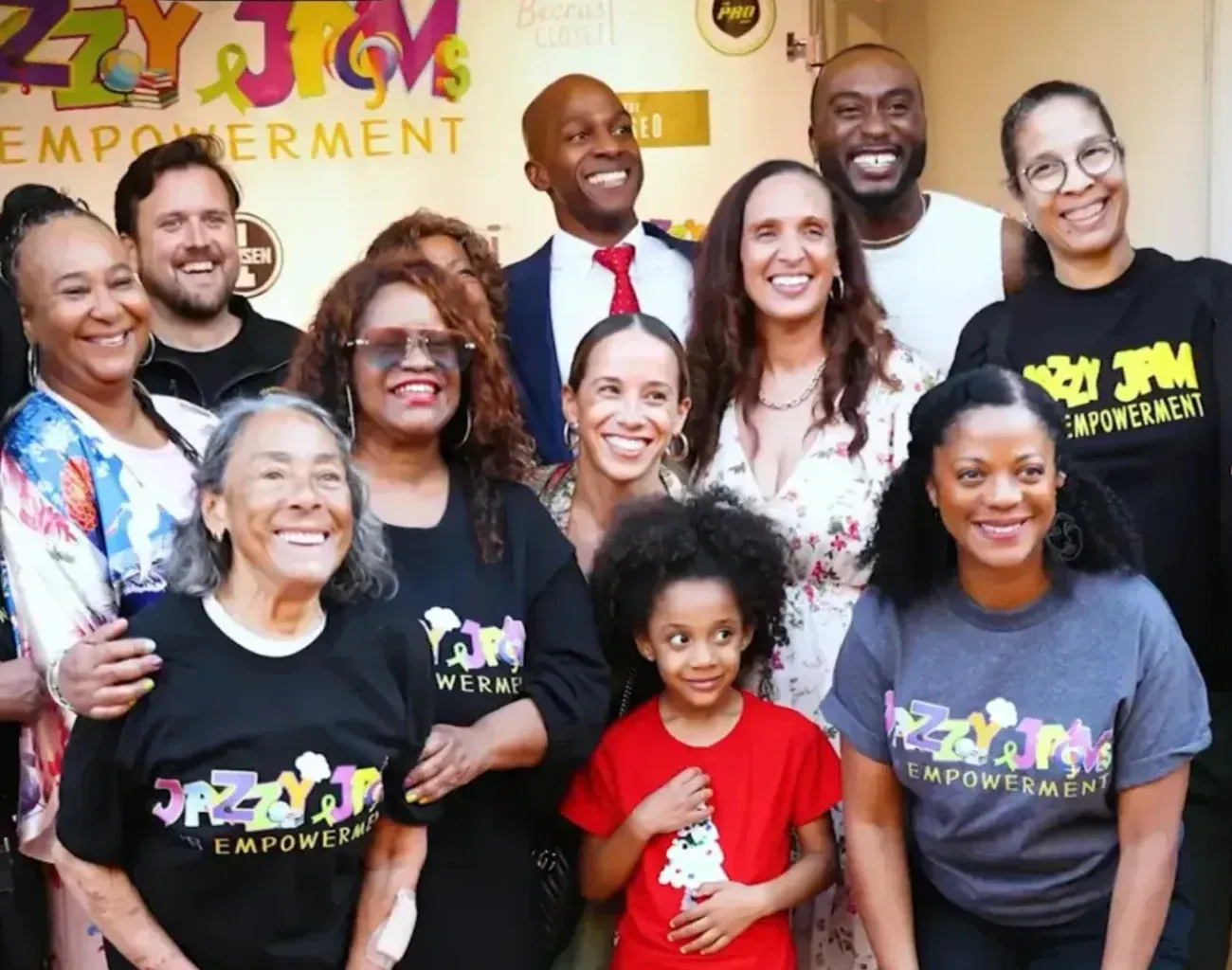
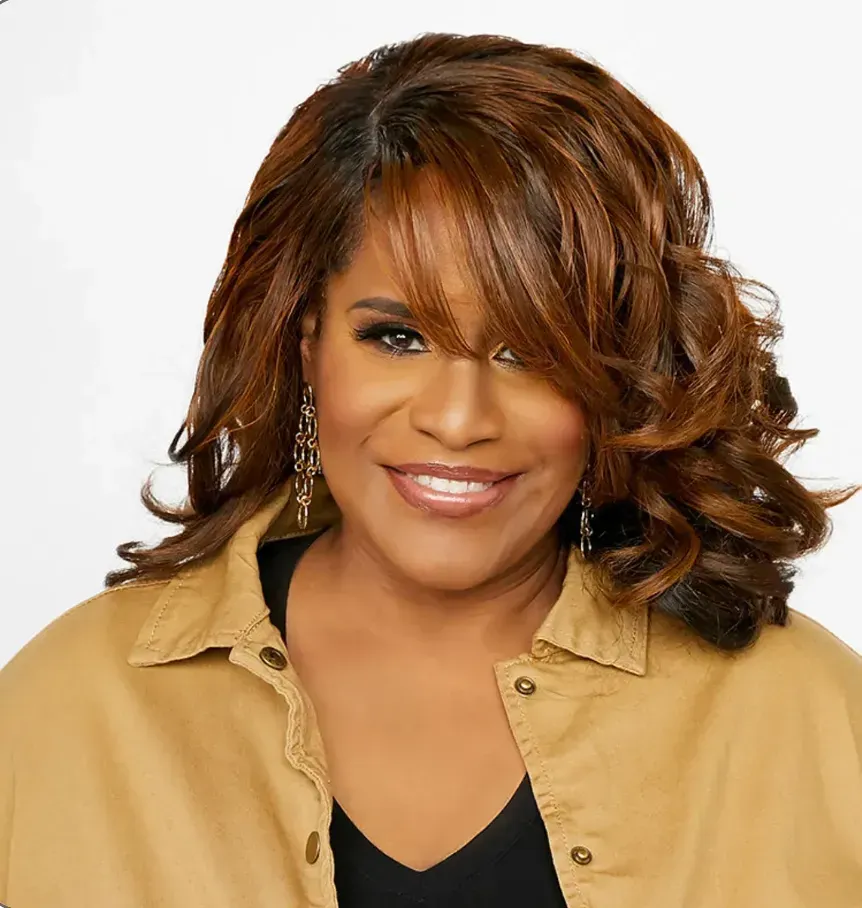
Meet the Founder
Jacqueline Snell
Founder & President Jazzy Jam for Empowerment, Inc.
In the heart of community service and youth engagement, Jacqueline Snell stands out as a significant advocate. As the Founder and President of Jazzy Jam for Empowerment and the visionary behind Soul To Soul Solutions, LLC, she has dedicated over a decade to fostering healing, wellness, and empowerment through innovative programs that blend Social Emotional
Learning (SEL) with the arts.
Jacqueline is a Certified Wellness Specialist II, recognized by California’s Department of Health Care Access and Information (HCAI). Her commitment to youth is evident in the creation of over 25 SEL-based programs, including The WaterCooler Room, which enriches the lives of K–12 students, educators, and families with culturally relevant mentorship and wellness support.
Press & Media Coverage
Highlighting community impact, healing work, and stories that inspire change.
Frequently Asked Questions (FAQ)
This is the text area for this paragraph. To change it, simply click and start typing.
What makes Jazzy Jam™ for Empowerment’s work meaningful?
Our work focuses on long-term healing, not quick fixes. By combining creativity, emotional wellness, and community care, we help people rebuild dignity, resilience, and hope.
Who does my support help?
Your support helps children, youth, families, educators, and caregivers who are navigating trauma, stress, and instability, especially in communities with limited access to healing resources.
How is my contribution used?
Contributions directly support trauma-informed programs, creative healing experiences, wellness resources, and community outreach that make healing accessible and sustainable.
Where does your work take place?
We serve communities through schools, local spaces, and mobile outreach, ensuring support reaches people where they already live, learn, and gather.
How are your programs different from traditional youth or wellness programs?
Our work is trauma-informed, creative, and culturally rooted. We use art, music, wellness, and community care to support emotional healing, not just surface-level support.
